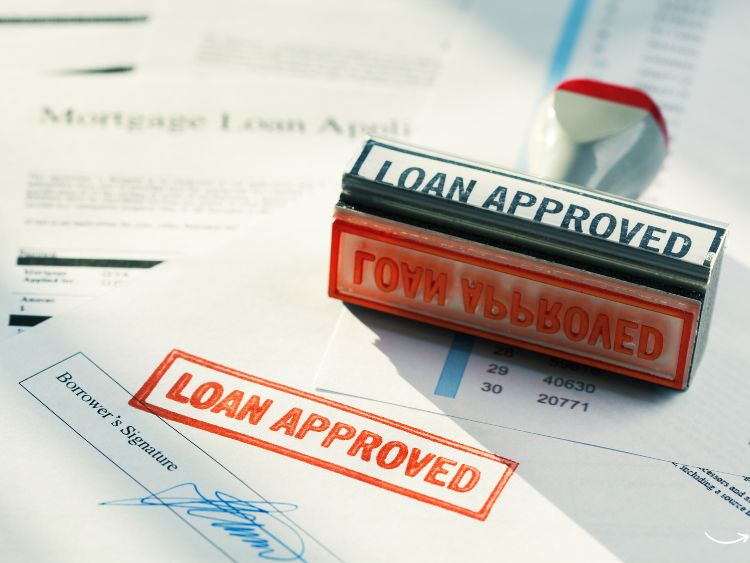Personal Loans: Your Ultimate Guide to Navigating Financial Flexibility
Introduction
Personal loans can be a game-changer when you need a financial boost, whether it’s for consolidating debt, covering unexpected expenses, or financing a major purchase. But what exactly are personal loans, and how can they benefit you? In this article, we’ll dive deep into the world of personal loans, exploring what they are, how they work, and the essential things you need to know before applying. So, if you’re curious about personal loans, you’re in the right place.
What Are Personal Loans?
A personal loan is a type of unsecured loan that you can borrow from a bank, credit union, or online lender. Unlike a mortgage or car loan, personal loans don’t require you to put up collateral. That means you won’t risk losing your home or car if you can’t make the payments. Instead, personal loans are typically granted based on your creditworthiness, income, and ability to repay.
Key Features of Personal Loans
- Unsecured Nature: No collateral is required.
- Fixed Interest Rates: Your interest rate remains the same throughout the loan term.
- Flexible Uses: You can use the funds for almost anything, from home improvements to vacations.
- Fixed Repayment Term: Typically ranges from 2 to 7 years.
How Do Personal Loans Work?
Once you’re approved for a personal loan, the lender will deposit the funds directly into your bank account. You’ll then make fixed monthly payments over a set period until the loan is fully paid off. The amount you can borrow and the interest rate you’ll pay largely depend on your credit score, income, and debt-to-income ratio.
Here’s a quick rundown of the process:
- Application: You apply for a loan, usually online or at a bank.
- Approval: The lender evaluates your creditworthiness.
- Funding: If approved, the lender deposits the funds into your account.
- Repayment: You make monthly payments, including interest, until the loan is paid off.
Why Consider a Personal Loan?
Personal loans offer several advantages that make them an attractive option for many people. Let’s break down some of the top reasons you might consider taking out a personal loan.
Debt Consolidation
Struggling with multiple high-interest debts? A personal loan can help you consolidate them into a single, more manageable payment. This strategy often results in a lower interest rate, which can save you money in the long run.
Home Renovations
Need to update your kitchen or add an extra room? Personal loans can provide the funds you need for home improvements without tapping into your home equity.
Emergency Expenses
Life is full of surprises, and sometimes those surprises come with hefty price tags. Personal loans can be a quick way to cover unexpected expenses, like medical bills or car repairs.
Major Purchases
Whether it’s a dream vacation, a new computer, or even a wedding, personal loans can help you finance large purchases that you might not be able to pay for upfront.
Types of Personal Loans
While personal loans are generally unsecured, there are several variations to consider, depending on your financial situation and needs.
Unsecured Personal Loans
As mentioned earlier, these are loans that don’t require collateral. They’re usually easier to qualify for if you have a good credit score but might come with higher interest rates.
Secured Personal Loans
These loans require you to put up collateral, like a car or savings account. In return, you might get a lower interest rate or be able to borrow a larger amount. However, the risk is that you could lose your collateral if you can’t make the payments.
Fixed-Rate Loans
With a fixed-rate loan, your interest rate stays the same throughout the life of the loan, making it easier to budget your monthly payments.
Variable-Rate Loans
Variable-rate loans come with interest rates that can fluctuate over time, usually based on the prime rate. While they can start lower than fixed-rate loans, they carry the risk of increasing payments if rates go up.
How to Qualify for a Personal Loan
Qualifying for a personal loan largely depends on your credit score and income. Here are some tips to improve your chances of approval:
- Check Your Credit Score: Most lenders require a credit score of at least 600, but higher scores will get you better rates.
- Reduce Your Debt: A lower debt-to-income ratio shows lenders that you can manage additional debt.
- Provide Proof of Income: Lenders want to see that you have a stable income to make the monthly payments.
- Shop Around: Different lenders offer different rates and terms, so it pays to compare offers.
FAQs About Personal Loans
Q: Can I use a personal loan for anything?
A: Yes, personal loans are versatile and can be used for almost any purpose, except for illegal activities or gambling.
Q: How much can I borrow with a personal loan?
A: Loan amounts typically range from $1,000 to $50,000, depending on the lender and your credit profile.
Q: What happens if I can’t repay my personal loan?
A: Missing payments can result in late fees, damage to your credit score, and even legal action. It’s crucial to make sure you can afford the monthly payments before taking out a loan.
Q: How long does it take to get approved for a personal loan?
A: Approval times vary, but many lenders offer instant decisions, and you could receive your funds within a few days.
Conclusion
Personal loans can be a powerful financial tool when used wisely. Whether you’re looking to consolidate debt, cover an unexpected expense, or make a major purchase, understanding how personal loans work is crucial to making the right decision. Remember to shop around, compare rates, and ensure that you can comfortably manage the payments. With the right approach, a personal loan can help you achieve your financial goals without adding unnecessary stress.

